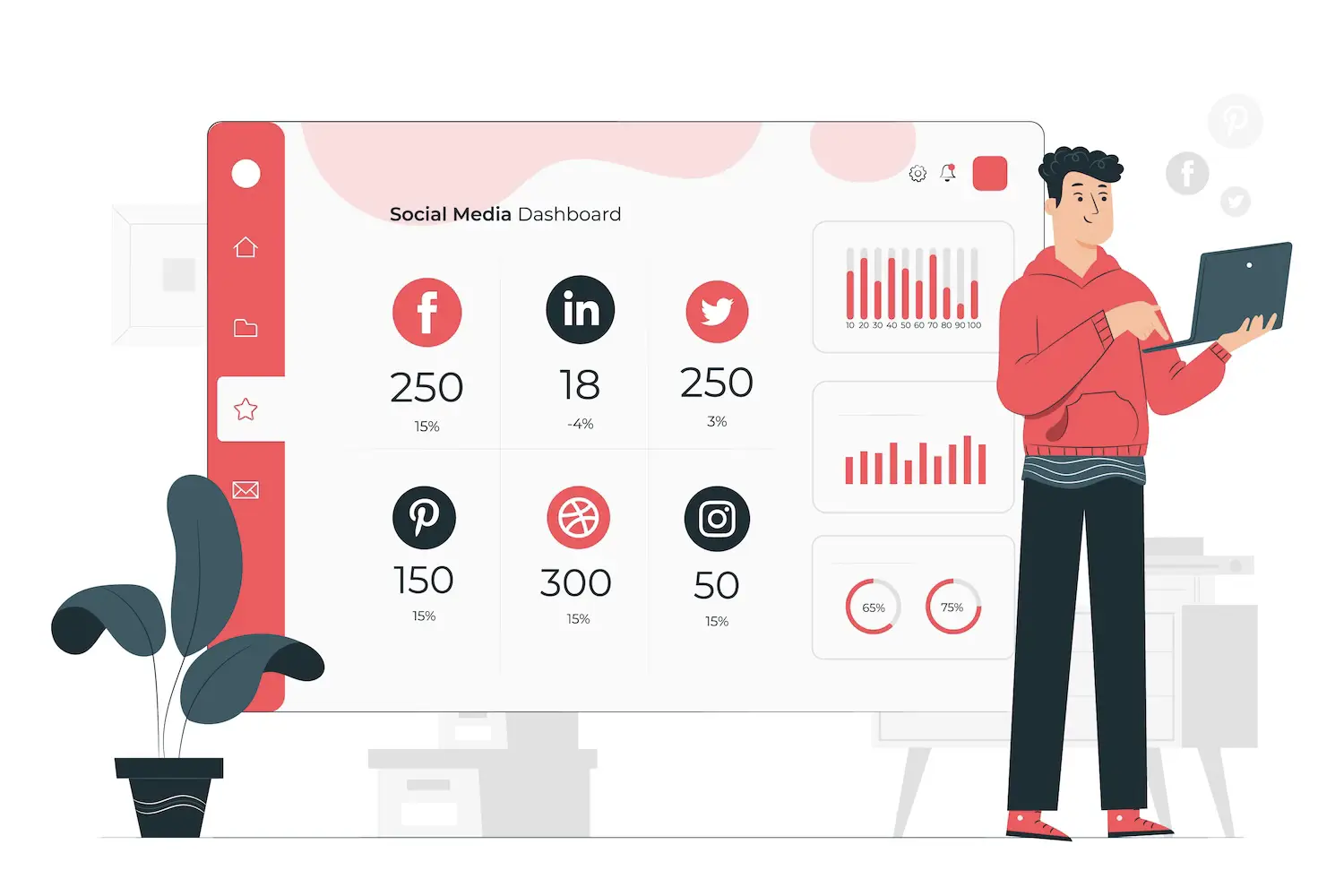Cross-Channel Marketing: A Cohesive Brand Experience


What is Cross-Channel Marketing?

The Difference Between Cross-Channel & Omnichannel Marketing

In contrast, cross-channel marketing aligns these channels to work together and enhance their impact. For instance, if a lead reads a blog post about a problem your business addresses, the subsequent marketing email might feature a customer testimonial related to that issue. Later, on social media, they could encounter an ad emphasizing how your products or services resolve the problem they initially read about. This approach creates a more unified and effective marketing strategy.
Why Cross-Channel Marketing?

Implementing cross-channel marketing helps businesses enhance customer engagement, foster brand loyalty, and drive conversions. Customers benefit from a cohesive experience, while businesses gain deeper insights into customer behaviour, enabling more targeted and effective marketing efforts.
What are the Benefits Of Cross-Channel Marketing?
Cross-channel marketing offers numerous benefits for businesses aiming to enhance their marketing efforts and improve customer engagement. Here are some key advantages of implementing cross-channel marketing strategies:
Increased Reach: Utilizing multiple marketing channels allows businesses to connect with a broader audience, increasing brand visibility and reaching potential customers at various touchpoints.
Enhanced Customer Engagement: Cross-channel marketing fosters deeper connections and engagement by delivering Personalised messages, offers, and content based on customer preferences and behaviour.
Seamless Customer Journey: Providing a seamless customer journey across different channels reduces friction, enhances the customer experience, and increases the likelihood of conversions.
Improved Targeting and Personalisation: Integrating customer data from various channels enables businesses to segment their audience effectively and deliver highly targeted, Personalised marketing messages and offers.

Higher Conversion Rates: Engaging customers at different stages of the buying process through multiple channels leads to higher conversion rates.
Improved Marketing ROI: Data-driven Optimisation and resource allocation based on channel performance result in better marketing ROI and more efficient use of budget and resources.
Brand Consistency and Recognition: Consistent branding and messaging across channels strengthen brand recognition, foster brand loyalty, and increase the likelihood of repeat purchases.
Competitive Advantage: Providing a seamless, personalized, and engaging customer experience across multiple channels differentiates businesses from competitors and attracts and retains customers.
Challenges of Cross-Channel Marketing

Cross-channel marketing offers numerous benefits but also presents specific challenges that businesses must address effectively. Common challenges include:
Data Integration: Integrating data from multiple channels can be complex and may involve harmonizing data formats, resolving inconsistencies, and ensuring accuracy.
Channel Consistency: Maintaining consistent branding and messaging across diverse channels can be challenging due to unique requirements and formats.
Channel Fragmentation: The proliferation of marketing channels requires continuous evaluation to align with audience preferences.
Customer Attribution: Determining the impact of each channel on conversions and engagement can be challenging, as customers interact with multiple channels.
Technology Integration: Integrating various marketing technologies, like CRM systems and analytics tools, can pose technical challenges.
Resource Allocation: Balancing resources and priorities across channels while maintaining consistency can be challenging, especially for organizations with limited resources.
Privacy and Compliance: Handling customer data across channels while adhering to privacy regulations and data protection laws can be a compliance challenge.
Rapid Technological Changes: The rapid evolution of marketing channels and technologies necessitates ongoing learning and adaptation to stay competitive.
Businesses must navigate these challenges to effectively implement cross-channel marketing strategies and reap the associated benefits.
How Will You Grow with Cross-Channel Marketing?

Final Thoughts

Additionally, having the right cross-channel marketing technology is vital to ensure precise implementation across all channels. This guarantees a unified and effective customer experience.





